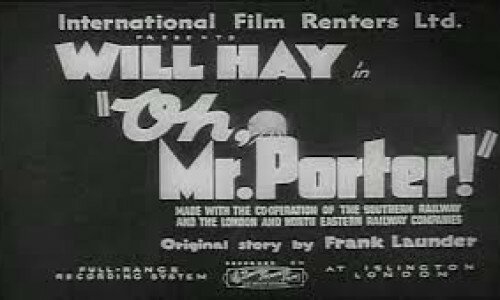
Ricoh Arena ‘ghost station’ farce highlights WMCA’s huge transport challenge
A West Midlands combined authority will be at the forefront of a new regional strategic approach to public transport planning. But the new body may find it difficult to make much of a difference if a railway debacle in Coventry is anything to go by, writes Paul Dale.
The Ricoh stadium, home to Coventry City FC and Wasps RFC, lies a hundred metres or so from the railway line linking Nuneaton, Coventry and Leamington. An obvious place, therefore, for a station to be built, with even more justification given the close proximity of a huge shopping park.
Here was one location it seemed where the case for public transport could easily be made.
Not only would a station ease traffic congestion on the A444 on match days, it would also provide easy access to Tesco, Marks and Spencer and the many other retail outlets at the shopping centre.
A lengthy campaign by Coventry city council, Nuneaton and Bedworth council and football supporters eventually paid off and a £13 million Ricoh railway station is due to open next month.
There is just one problem. Train operator London Midland says it can only run one 75-seat diesel single carriage, hourly, service to the new station and no extra trains can be added “as they are in short supply” as manufacturers move to electrification.
Given that the Ricoh stadium can seat 32,600 people, the demand for a 75-seat train is likely to be quite high. Fearing health and safety issues, Coventry council’s safety advisory group ruled the station must remain closed for an hour after matches finish “due to the sheer volume of fans who would want to use the facility”.
So in a farce worthy of Will Hay’s Oh, Mr Porter! at its most surreal, the Ricoh will remain a ghost station at the very time its services are most in demand.
You can argue of course that London Midland’s unwillingness to put on additional services might have been discovered in advance if council transport planners had been doing their job properly. On the other hand, the days that councils could intervene with the privatised rail service are long gone.
As Martin Abrams of the Campaign for Better Transport put it:
Fans have waited years for a much needed rail station to be built at the club and it is quite unbelievable that they are now being told that they will not be able to travel to and from the stadium by train on match days.
Not being able to use the station is a real waste of public money and undermines its purpose which is to get fans off the road and get them straight to the game by rail which is something our research has shown fans want.
The claim by London Midland that they can only run one single, 75-seat diesel carriage due to the lack of available trains is something we are seeing right across the country and the government must act now and work with Train Operators to sort out this problem.
Closer co-operation between the railway companies and councils is clearly key to the successful delivery of ambitions set out in Movement for Growth, a 20-year vision for improved rail, bus and tram services published for consultation by the West Midlands Integrated Transport Authority.
The document says £6.5 billion must be spent to bring public transport up to scratch and match the level of investment flooding into Greater Manchester.
Securing investment from Network Rail, the HS2 connectivity programme and Midlands Connect initiatives is said to be “critical in developing suburban rail elements of our long term rail and rapid transit network”.
The Government is urged to give the West Midlands a bigger share of transport funding through local growth deals and there is talk of developing a regional transport innovation fund to raise £1.2 billion over 20 years via a contribution from existing and future businesses, developers and residents.
There’s a pledge to Introduce a “fully integrated rail and rapid transit network” that connects main centres with “quick, frequent services”, and which is connected into wider local bus networks.
The West Midlands Combined Authority, probably under the leadership of a metro mayor, will take over from the integrated transport authority and will inherit Movement for Growth. Events surrounding the Ricoh station demonstrate that moving to a fully integrated rail network is going to be far from straightforward, mayor or no mayor.
Similar Articles
General Election 2017: Labour strong in Birmingham, but unstable times for devolution 1
There have been many words used on Theresa May and Jeremy Corbyn, not least on
Birmingham Airport boss to step down 0
In yet another shock development today, Paul Kehoe has decided to step down as Chief
Election 2017: May forms ‘new’ government 0
Theresa May has, effectively, been re-appointed as Prime Minister. She will have to rely on the
Election 2017: May’s gamble backfires 0
Who said politics is boring? Kevin Johnson pulls together the initial threads of General Election
LIVE: Election 2017 – Rolling Results 0
Good evening. Welcome to the Chamberlain News rolling blog coverage of the count for the










